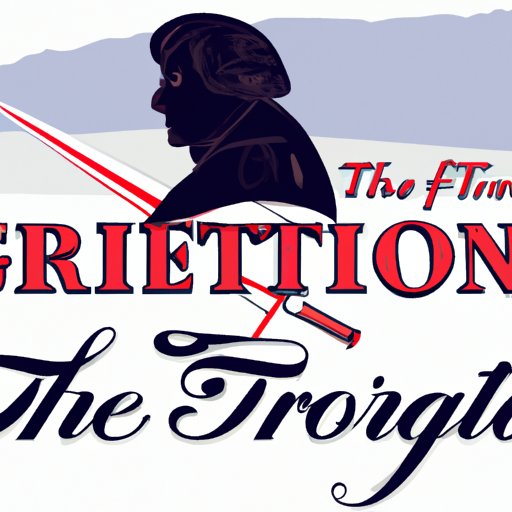Introduction
The Battle of Trenton is often viewed as a pivotal moment in American history. On December 26, 1776, General George Washington and his troops crossed the Delaware River and attacked Hessian soldiers in Trenton, New Jersey, resulting in a crucial victory for the Continental Army during the American Revolution. This article will explore why the Battle of Trenton was important, touching on military strategy, leadership, and the battle’s lasting impact on American history and culture.
Historical Context
The American Revolution was a pivotal moment in world history, as a group of colonies fought for independence from Great Britain. At the time of the Battle of Trenton, the war was not going well for the Continental Army, with a series of defeats in New York and New Jersey. These losses had a devastating impact on morale, as many soldiers were ready to give up and go home.
Military Strategy
Despite the setbacks, General George Washington was determined to turn the tide of the war. Knowing that a victory was necessary to boost the morale of his troops, he devised a daring plan. On Christmas night, Washington led his men across the icy Delaware River, surprising and defeating the Hessian garrison at Trenton. This victory was a turning point in the war, as it boosted morale and gave the Continental Army a much-needed victory.
Leadership
The Battle of Trenton demonstrated General Washington’s leadership qualities and skills. He led his troops across the Delaware River in harsh conditions, showing his willingness to take risks and go against conventional thinking. In addition, Washington’s ability to strategize and make quick decisions helped turn the tide of the war.
Impact on the Revolution
The Battle of Trenton had a significant impact on the American Revolution. It boosted the morale of the Continental Army, inspiring more soldiers to reenlist and fight for the cause. The victory also convinced many colonists that independence was possible, as they saw how a ragtag army could defeat a powerful force like the Hessians. Additionally, news of the victory spread throughout the colonies, helping to rally support for the revolution.
Symbolism
The Battle of Trenton has become a cultural touchstone for American history, particularly in relation to the iconic painting “Washington Crossing the Delaware” by Emanuel Leutze. This painting, which depicts Washington leading his troops across the Delaware River, has come to symbolize American strength, determination, and bravery.
Legacy
The Battle of Trenton’s impact is still felt today. It was a turning point in the American Revolution, giving the Continental Army the confidence it needed to fight on against the British. Today, the battle is remembered and commemorated through monuments, reenactments, and other forms of cultural reference.
Conclusion
The Battle of Trenton was a crucial moment in American history, demonstrated the power of leadership and strategic thinking, and had a lasting impact that is still felt today. It helped to turn the tide of the American Revolution, inspiring soldiers and civilians alike. As such, understanding the significance of the Battle of Trenton is essential to understanding the larger context of American history and the values that we hold dear.
